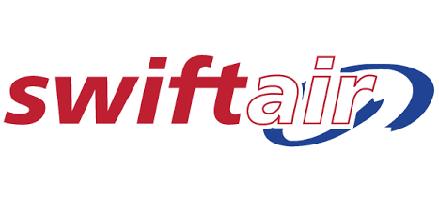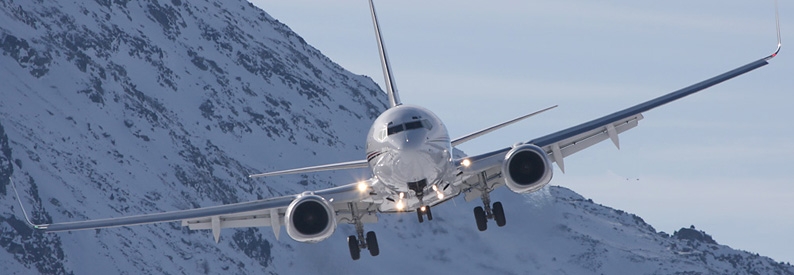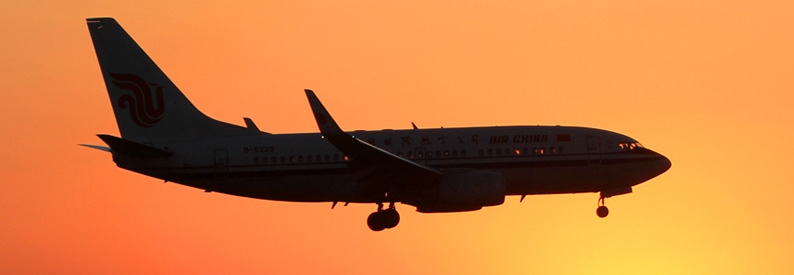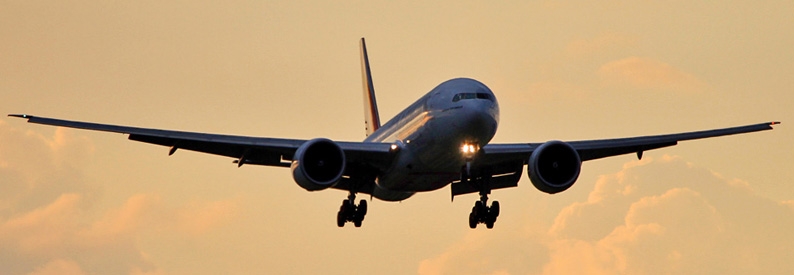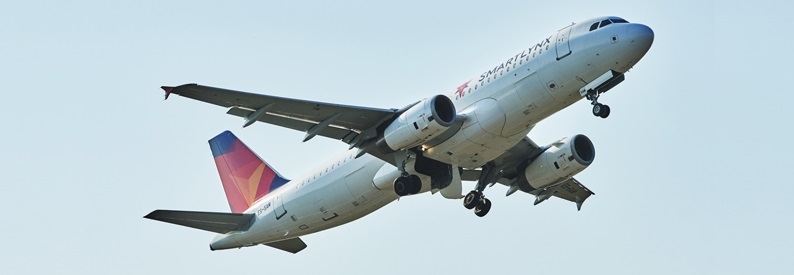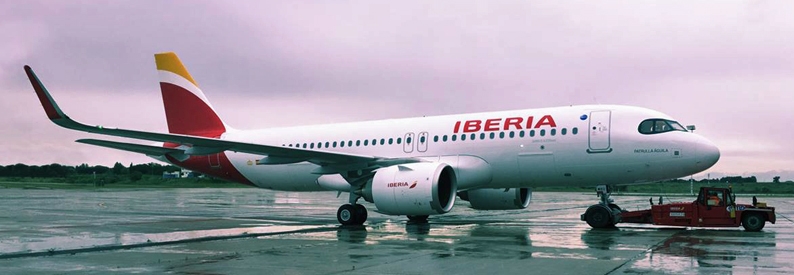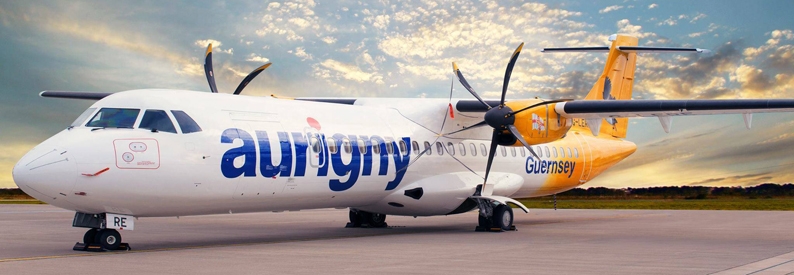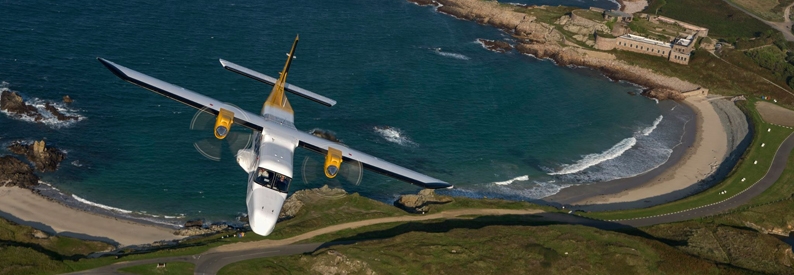Swiftair (WT, Madrid Barajas) has once again asked a French court to refer legal questions to the Court of Justice of the European Union (CJEU) over whether France can try the company for the 2014 crash of Air Algérie Flight AH5017. The move has reignited tensions with victims’ families, who denounce it as a deliberate attempt to delay justice.
ch-aviation has reached out to Swiftair for comment.
On July 24, 2014, an MD-83, EC-LTV (msn 53190), owned by Swiftair and registered in Spain, was chartered for a flight from Ouagadougou in Burkina Faso to Algiers when it crashed in the desert in northern Mali. All 116 occupants, including 54 French nationals, were killed.
The CJEU on April 3, 2025, already issued a preliminary ruling dismissing as inadmissible a previous request referred by the Paris Criminal Court (Tribunal Judiciaire de Paris). However, the Paris court retained the right to submit a new request for a preliminary ruling.
Swiftair was initially set to face trial in France in October 2023, but the proceedings were delayed after the court submitted four preliminary questions to the European court last July.
Delays angering victims' families
In a statement on May 19, the families of the victims' lobby group, "Association AH5017-Ensemble" and its legal team, expressed outrage that Swiftair’s lawyers had asked the French court again to refer the case to the CJEU, a move seen as an effort to avoid justice.
"Eleven years after the tragedy, this umpteenth delaying tactic is an outrage to our loved ones," the group stated. "It amounts to spitting on the memory of our dead."
The group criticised the airline for trying to evade accountability in France, despite its 2017 indictment. The association called on French and European judicial authorities to end what it described as a manipulation of legal systems to delay justice.
If the Paris Criminal Court refuses to forward the new request to the CJEU, the long-delayed trial may proceed from the end of 2026, according to Sébastien Buzy, the families' lawyer.
Legal background
The background to the case is that parallel judicial investigations were launched in Spain and France following the crash. Spain's investigation was provisionally closed in 2016, citing no evidence of wrongdoing by Swiftair.
Meanwhile, the French authorities continued investigating, eventually charging Swiftair with involuntary homicide in 2017 for failing to ensure adequate crew training. Swiftair challenged the charges, citing the Spanish dismissal and invoking the EU's "ne bis in idem" principle, which prohibits double prosecution. The French courts rejected these arguments, stating the Spanish decision was not final or binding.
In 2021, a French judge ordered Swiftair to stand trial. The Paris court then sought guidance from the CJEU on whether the Spanish dismissal protects Swiftair under EU law, raising complex questions about legal personhood, jurisdiction, and cross-border criminal liability within the EU.
